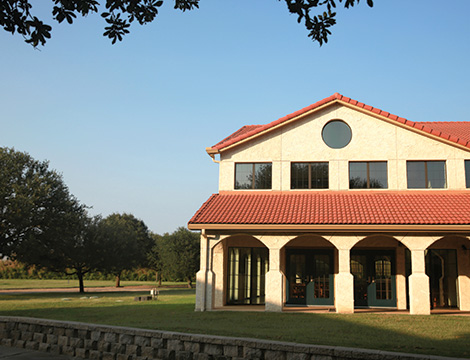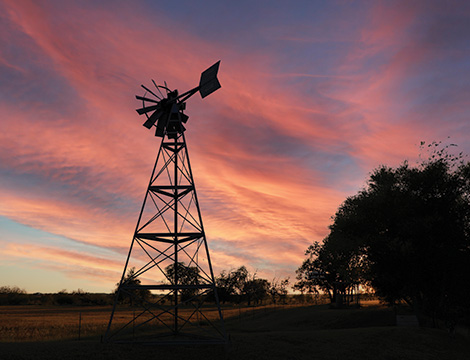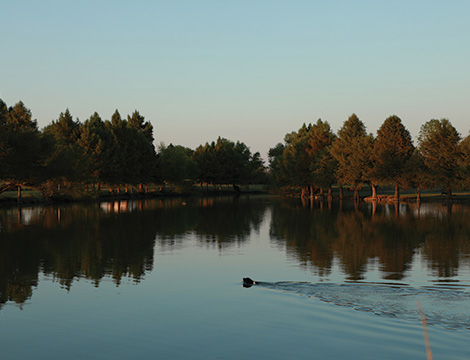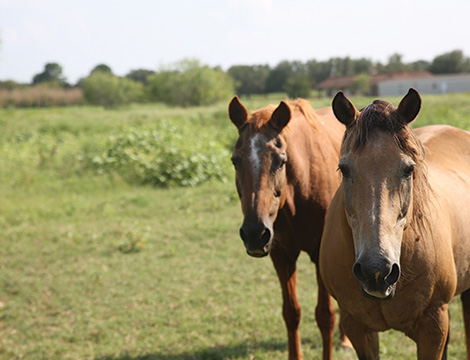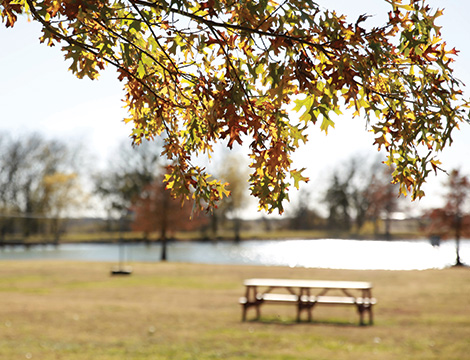Chronic Relapse due to Alcohol Addiction
Relapse can be brought on by issues like not being honest, harboring guilt, and having selfish behaviors. However, relapse doesn’t mean that you’ve failed; rather, it’s an opportunity to get support and determine what new strategies are needed to strengthen your character and sobriety.
It’s important to keep a close eye on yourself, stay connected to supportive people in recovery and be honest with yourself about any warning signs that an alcohol relapse may be coming. Don’t forget that staying on track is possible, as long as you’re willing to put in the work!
Is relapse part of recovery?
Yes, alcohol relapse is part of recovery for many people. Recovering from alcohol misuse can be a long and difficult journey, and it’s not uncommon to have relapses along the way.
A relapse should be viewed as a learning experience rather than a failure – something that can help you build stronger coping skills so that you can better manage cravings and urges in the future.
Coping skills may include:
Warning Signs of Relapse
Unfortunately, it is not always obvious when a relapse is happening or even when a person is in danger of relapsing. It’s important to stay aware of any warning signs that could indicate that you – or someone close to you – may be heading down a path toward alcohol relapse.
Some common warning signs include:
- Having difficulty managing stress and anxiety
- Obsessively thinking about drinking
- Withdrawing from family or friends
- Having secretive behavior
Burning Tree Ranch teaches you how to utilize the tools and strategies needed for truly overcoming addiction
How common is alcohol relapse
Alcohol relapse is a common occurrence among those with alcohol addiction. Unfortunately, alcohol addiction can be difficult to treat and outcomes differ significantly; some individuals do well on their path of recovery while others find themselves struggling with alcohol relapse again and again.
The majority of abstinent subjects relapse within 1 year.
Research shows that the majority of abstinent alcohol-dependence subjects relapse within 1 year.
Without treatment you are more likely to relapse
Individuals who do not get AUD Treatment are more likely to relapse within three years
40-60% of people with addiction will relapse
Between 40% and 60% of addicts will inevitably relapse. Proper tools for recovery are essential to maintaining sobriety.
Alcohol Relapse Prevention Tips
Develop a support system
Identify risk factors
Practice self-care
Establish a routine
Need help with drug relapse?
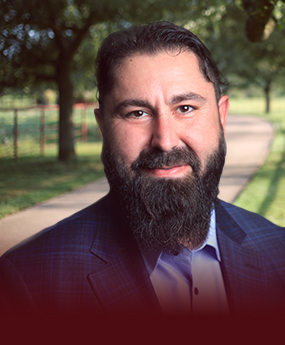
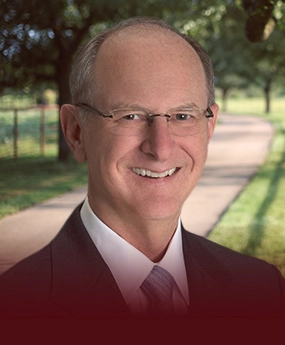
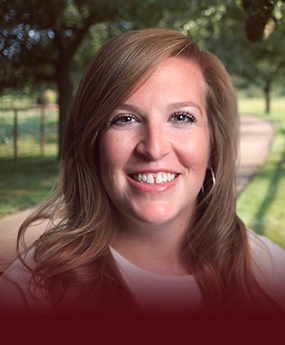
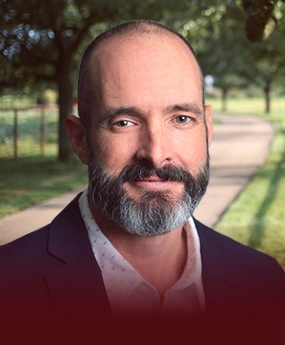
Learn the coping skills for preventing Relapse at Burning Tree Ranch
At Burning Tree Ranch, we understand the difficulties of alcohol relapse and how hard it can be to stay sober. That’s why our Alcohol Relapse Prevention Program is designed to provide long-term care and support for chronic relapsers. Our program focuses on helping individuals identify their behaviors and develop effective strategies for preventing future relapses.
We specialize in a range of therapeutic services such as individual counseling, group therapy, family therapy, cognitive behavioral therapy (CBT), 12-Step facilitation, holistic therapies, and much more. We also offer tailored aftercare for Alcohol Relapse prevention so that you can continue to work on your recovery even after leaving our facility.
If you or a loved one is struggling with Alcohol Relapse, don’t hesitate to reach out for help. Our team is here to provide the support and guidance you need to get your recovery back on track.
Contact us today to learn more about our Alcohol Relapse Prevention Program at Burning Tree Ranch!





